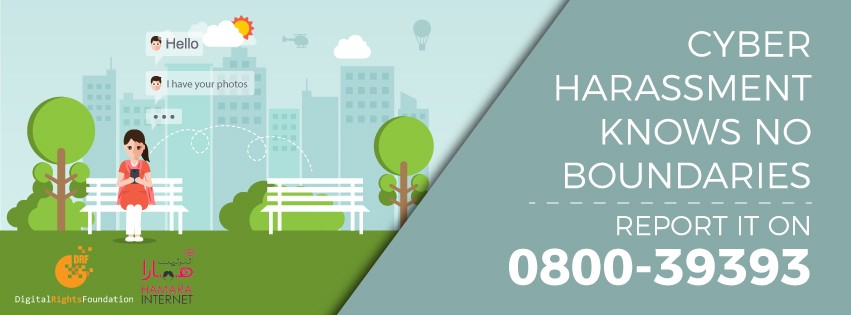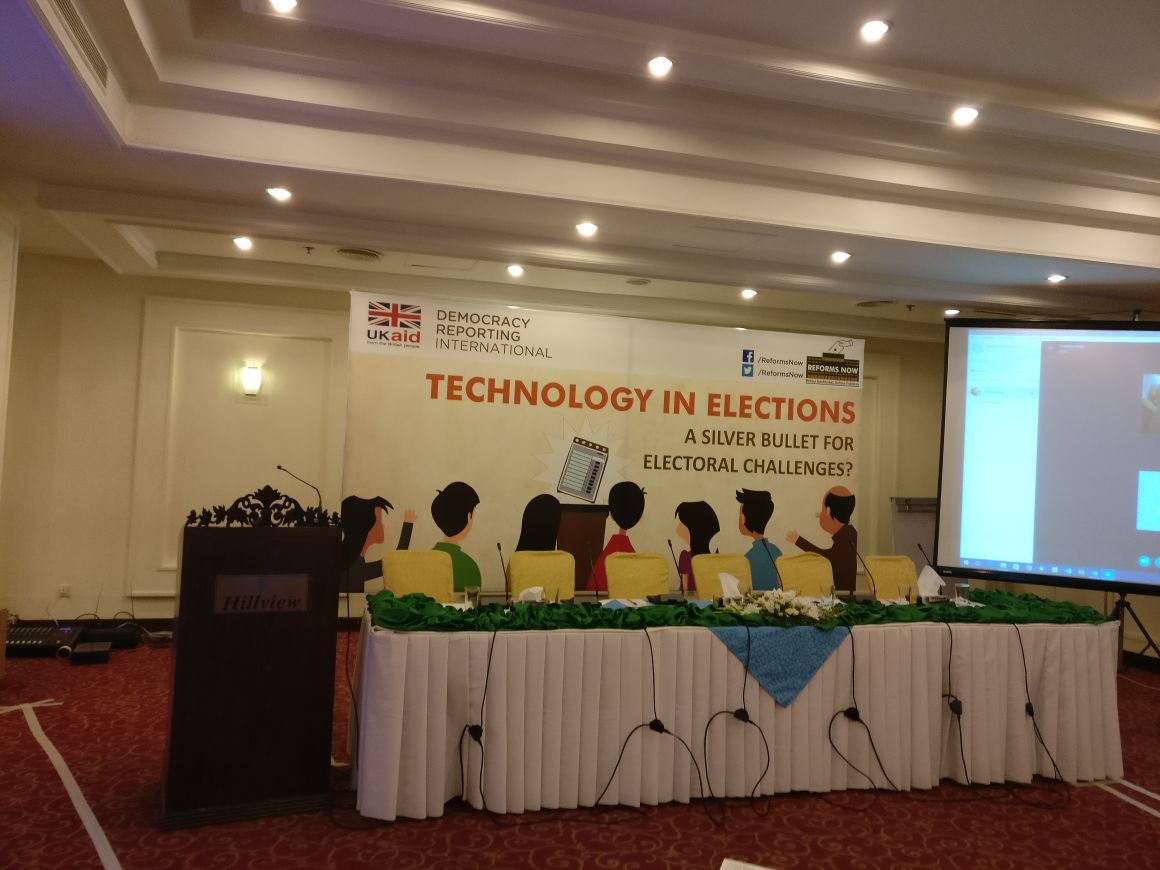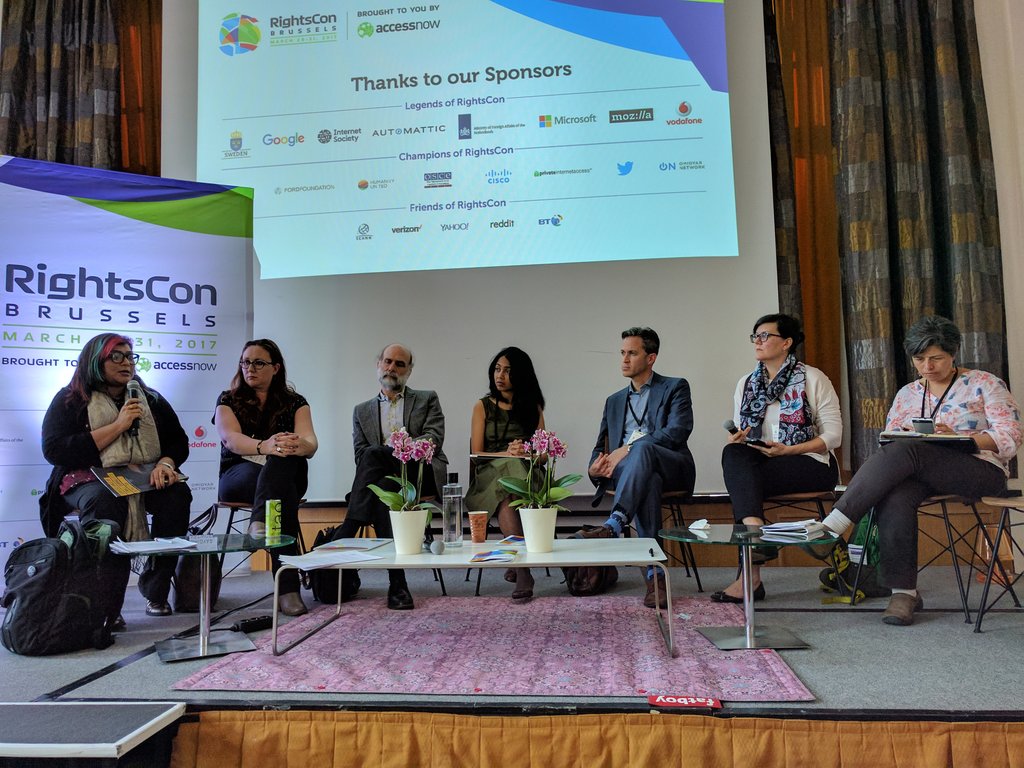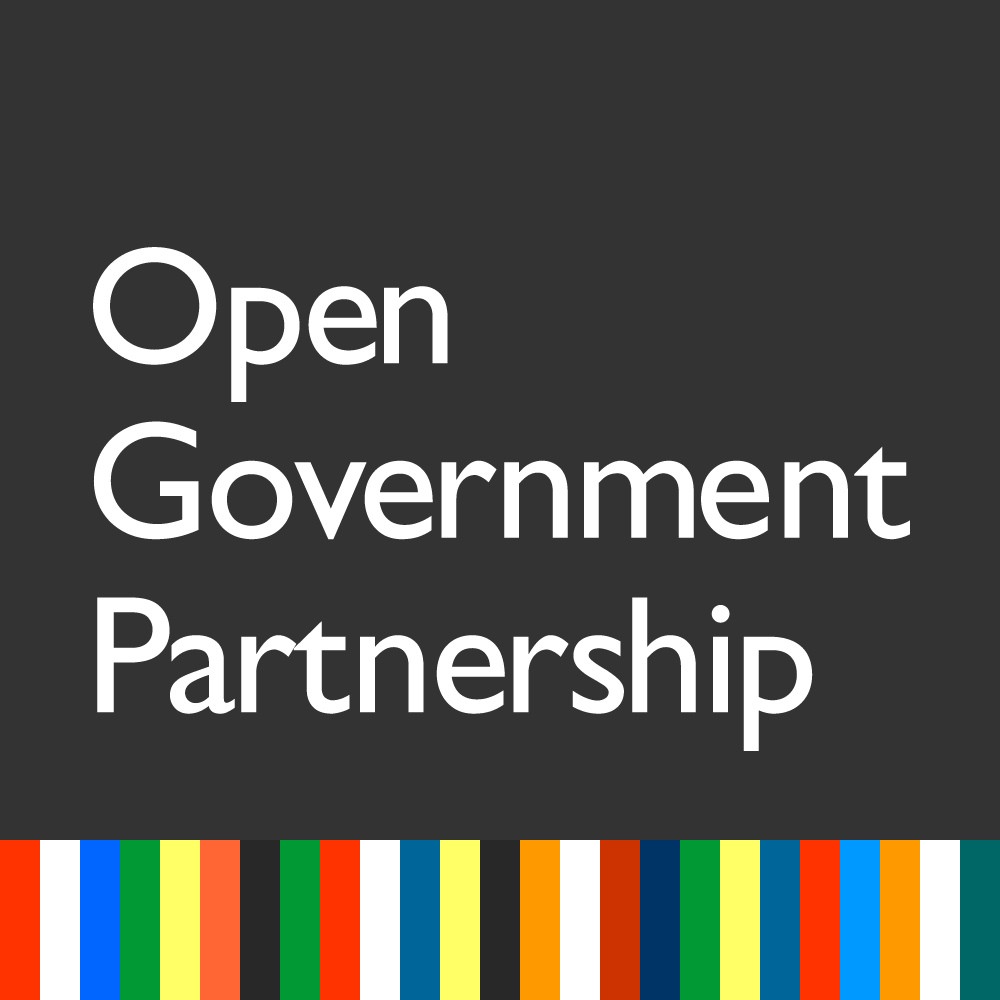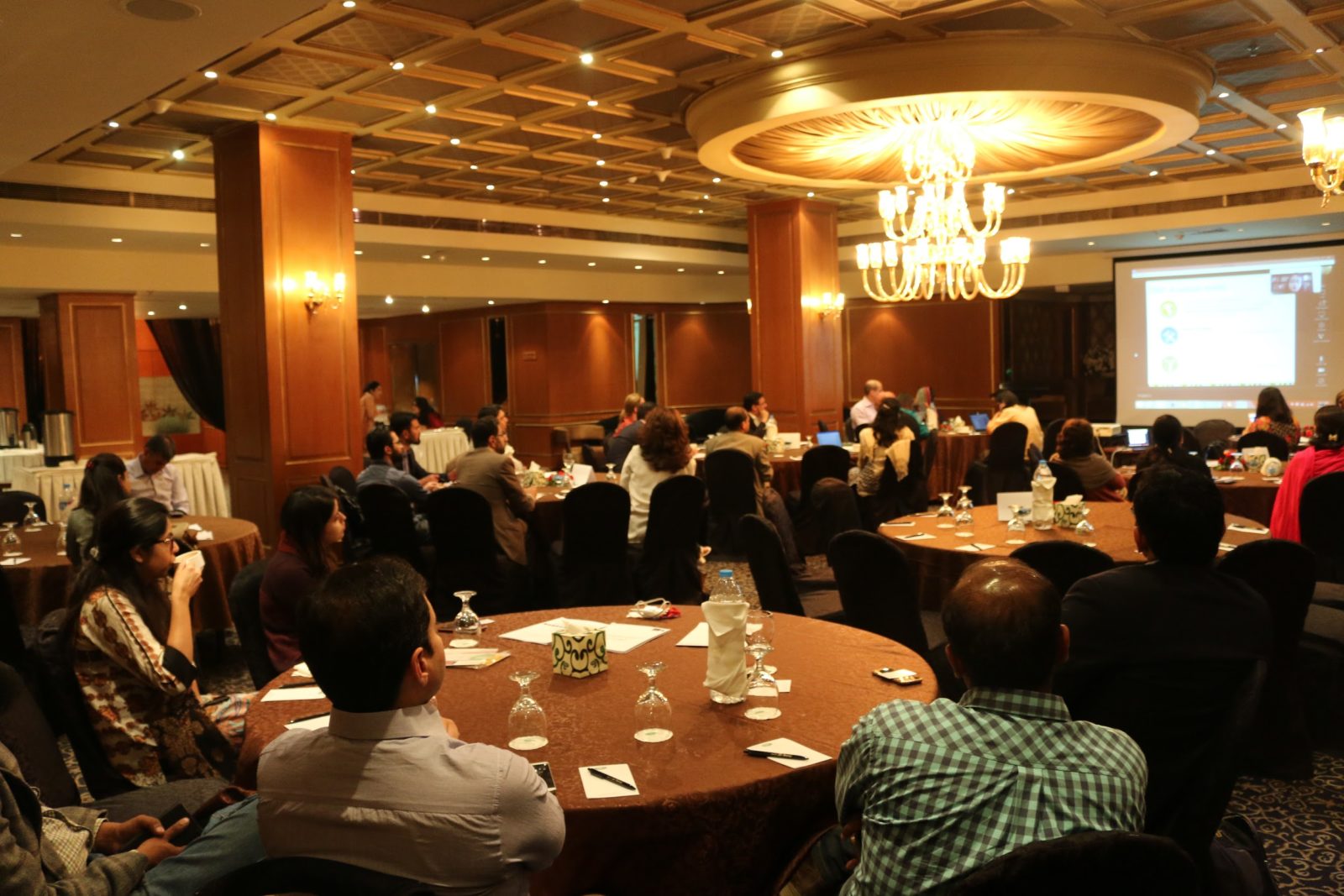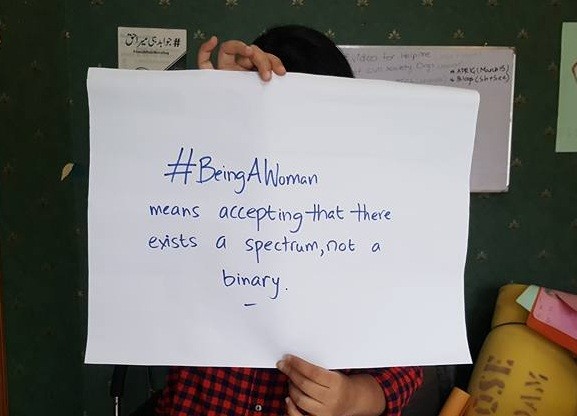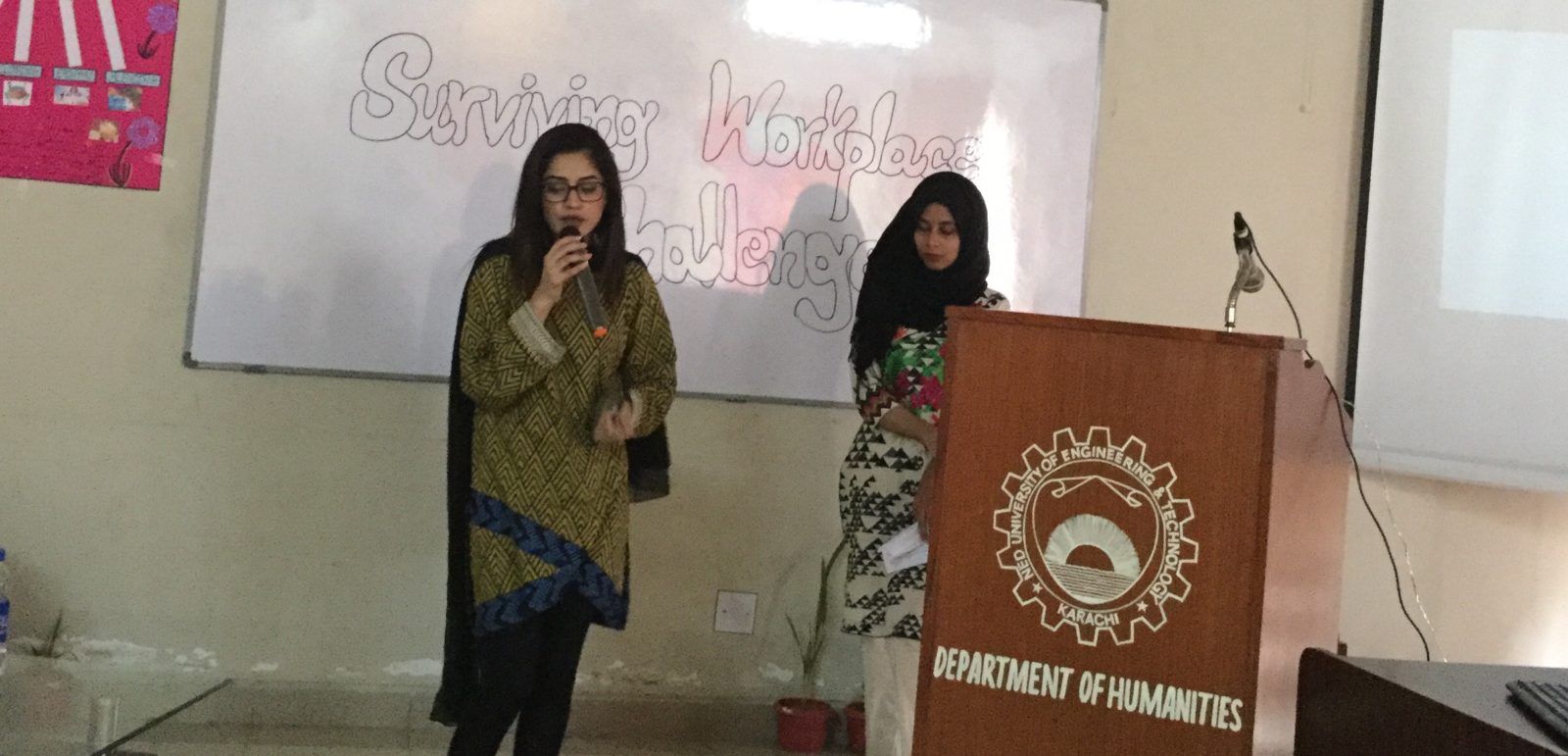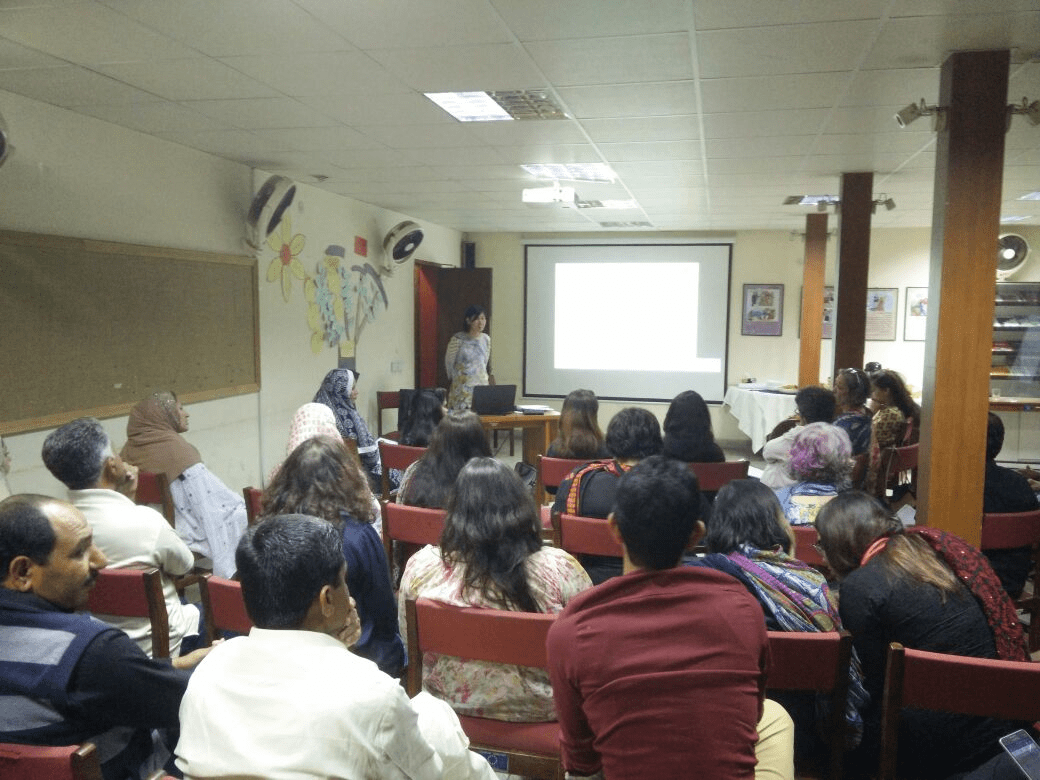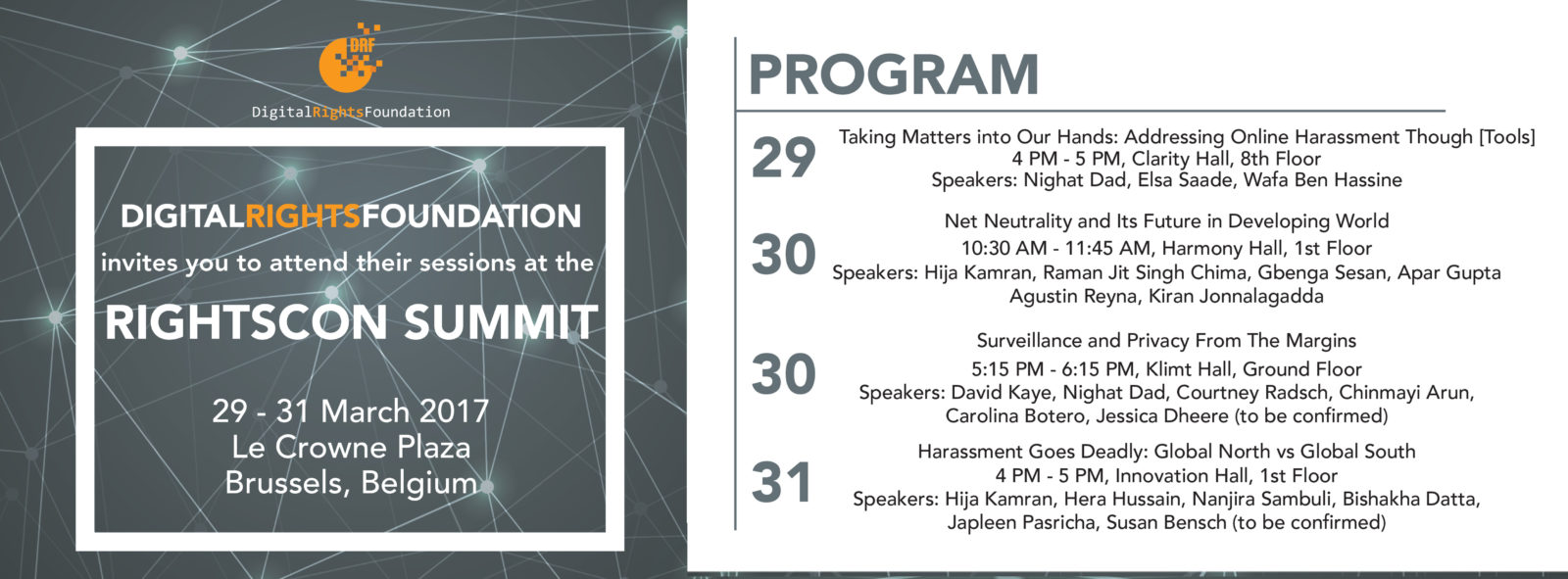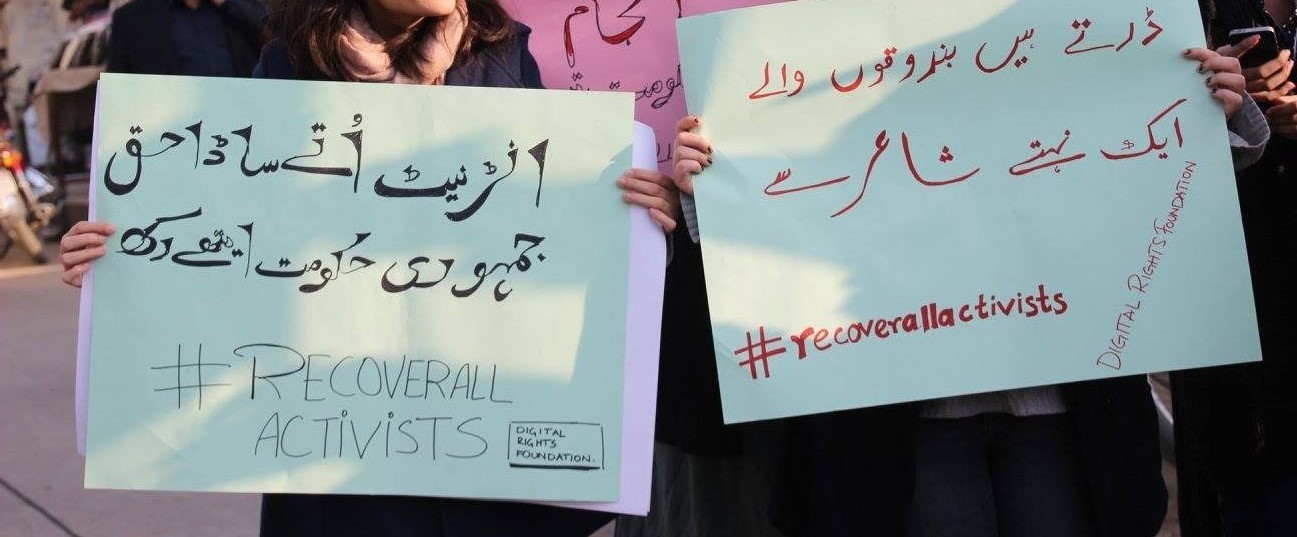During the US Presidential elections, it was claimed that fake news on Facebook may have contributed to Donald Trump’s victory over Hillary Clinton. Even though the claim was denied and called ‘crazy’ by Facebook CEO Mark Zuckerberg, there’s a great chance that it is correct to some extent, if not entirely. According to a survey conducted in 26 countries including US and UK, 51% people who have access to the internet use social media as their primary source of information and particularly news - Facebook being the most prominent source. With the Comet Ping Pong pizzeria incident where a man open fired at the restaurant to what he said ‘self-investigation’ for pedophilia claims against the owner of the pizzeria, it’s pretty much evident that fake news does influence people and makes them act as they perceive it.
While it’s not the only case where supposed fake news goes viral, there have been quite a lot of hoax news and stories throughout the last two years that the word ‘post-truth’ (an adjective relating to circumstances in which objective facts are less influential in shaping public opinion than emotional appeals) made it to Oxford Dictionaries in 2016, even though the word was first used in 1992.
Pakistan has not been left out of the whole ‘fake news’ trend. Back in 2013, Mubashir Luqman - a national TV host - on his live TV show ‘Khara Sach’ alleged that Lahore Grammar School (LGS), a private and leading school in Punjab, was converting its students to other religions and had supposedly excluded the subject “Islamiat” from the curriculum. In response to these allegations on a national TV, the principal of the concerned branch of LGS was forced to release a statement on the school’s official Facebook page where she stated,
“Our institution believes in inculcating values such as tolerance and empathy in all our students. ‘Comparative religion’ is essentially a ‘history of religion’. It is NOT merely comparing religions; we aim to educate about Islam, Christianity, Buddhism, Zoroastrianism, and Hinduism – and their fundamental teachings. Doing so, we believe, will enlighten our students about the importance of ‘peaceful coexistence.”
This was a glaring example of poor journalism without fact-checks or thorough investigation. Despite the school’s clarifications, the news went viral and several Facebook pages used it to attack progressive educational institutes. For instance, this Facebook page with over 100,000 followers, posted a now-deleted viral image that equated other religions with satanic beliefs.
Fake news has also resulted in diplomatic tensions escalating. In December 2016, the Defense Minister of Pakistan Khawaja Muhammad Asif threatened Israel of nuclear attack in reaction to the fake news he read on Twitter.
"Israeli def min threatens nuclear retaliation presuming pak role in Syria against Daesh.Israel forgets Pakistan is a Nuclear state too AH" — Khawaja M. Asif (@KhawajaMAsif) Dec. 23, 2016
Apparently, Asif was reacting to a fake story published by awdnews.com. The article which was uploaded on December 20th wrongly attributed the statements to the Former Defense Minister of Israel, Moshe Yaalon.
“@KhawajaMAsif The statement attributed to fmr Def Min Yaalon re Pakistan was never said” — Ministry of Defense (@Israel_MOD) Dec. 24, 2016
“@KhawajaMAsif reports referred to by the Pakistani Def Min are entirely false” — Ministry of Defense (@Israel_MOD) Dec. 24, 2016
Earlier in January 2017, five bloggers and activists went missing in Pakistan, in what is believed to be forced disappearances. While the reason of their kidnapping is still unknown, a smear campaign against the bloggers was launched by right wing groups, and their followers. One of the most influential scholars and live TV host Amir Liaquat Hussain joined into this irresponsible behaviour by accusing them of blasphemy. It’s important to note that in an Islamic state like Pakistan, blasphemy is a criminal offence and the punishment is either death or imprisonment for life.
Section 295 C of the Blasphemy Law states,
“Whoever by words, either spoken or written, or by visible representation or by any imputation, innuendo, or insinuation, directly or indirectly, defiles the sacred name of the Holy Prophet Muhammad (peace be upon him) shall be punished with death, or imprisonment for life, and shall also be liable to fine.”
Once those prominent and powerful in media endorsed the allegations, the public was quick to jump on the bandwagon and there was a widespread belief that the missing bloggers had committed blasphemy. The vicious campaign forced the families, who were already going through the trauma of losing their loved ones, to deny the allegations. The families were of the view that the blasphemy allegations were meant to divert the attention from their disappearance.
These accusations weren’t limited to just bloggers but were extended to human rights defenders too. Amir Liaquat Hussain alleged Muhammad Jibran Nasir, who is a frontline human rights activist, of profanity. The allegations, again, were made on a live TV show where thousands of people were watching (subsequently shared online as well) who believed what Hussain, who happens to be the scholar, said. These false proclamations of serious nature not only endanger the accused but also the ones related to them. As a result, Nasir who was in the forefront demanding immediate recovery of the missing bloggers filed a complaint of defamation against Hussain to the Pakistan Electronic Media Regulatory Authority (PEMRA). The Authority, after the pressure of civil society and citizens who complainedc, banned Amir Liaquat Hussain’s show ‘Aisa Nahi Chalay Ga’ on BOL News.
On February 14, 2017, Hadiqa Kiani - an iconic singer of Pakistan - was accused of being arrested at the London Heathrow Airport for possessing cocaine worth 80,000 British Pounds. The singer immediately slammed the rumours by posting a photo with her son and mother on her twitter account,
“Photo taken TODAY in Lahore with my mother and son! Cannot believe how this FAKE London news has been spread” - Hadiqa Kiani (@Hadiqa_Kiani) - February 14, 2017
She also responded to one of the tweets directed to her to confirm the news with,
“completely false. I dare anyone to associate drugs with my name. Don't believe me, contact U.K. authorities” - Hadiqa Kiani (@Hadiqa_Kiani) - February 14, 2017
Not only does misinformation spread via social media forums like Facebook and Twitter, but people also receive messages on WhatsApp and other messaging apps that can’t be verified by the average citizen, and hence there is a tendency to believe the said message. After the recent bomb blast in Lahore on February 13, 2017, security alerts started making rounds on WhatsApp claiming that the Inter-Services Public Relations (ISPR) - the media wing of Pakistan Army - has declared security high alert in the major cities of Pakistan.
Another ‘notification’ attributed to ISPR, circulated via WhatsApp, asks the receiver to not respond to any call or SMS from a number mentioning either #90 or #09 as it could take their cellular network SIM card in their control and use it for malicious activities like bomb blasts.

Now the worrying part here is that once attributed to the defense forces, people tend to believe the message and goes viral without any fact-checking and without verifying the source of information. Law Enforcing Agencies (LEAs) don’t disseminate sensitive and classified information in public and the security threats are usually dealt with on an official level. The news can be ‘leaked’ but the security breaches in the systems and communications of military forces aren’t very common. Here, it’s also important for the people to take informed decision to trust or ignore the news by pondering over a few simple questions, 1) Is the source reliable? 2) Have you heard of this source before? 3) Can this news be verified by a more reliable source, say a reputed media outlet or journalist? 4) Is it humanly and technically possible for the classified information to make its way in the mainstream media and in public? 5) Are there any tags like ‘Satire’ or ‘Parody’ associated with the news?
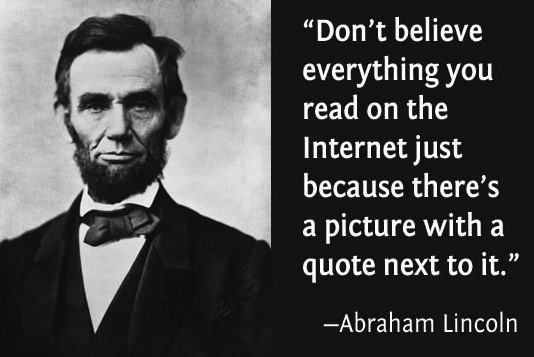
According to a research study, fake news spreads more drastically than the stories that debunk them. Social media plays an important part in making or breaking the reputation of any person or organisation, and the consequences could sometimes be life-threatening. Poor journalism and spreading of rumours play a pivotal role in what is believed to be character assassination on the basis of personal biases.
Paid reviews and contributions by supposedly reputed media outlets or individuals add to the culture of fake news. A lot of times, these said individuals and outlets endorse a service or a product, or just a story in return of monetary advantages. These reviews are not harmful if the reader is informed about its sponsored nature but often times people tend to uncritically follow the advice of the endorser. This practice is very common particularly in tech industry and the beauty industry where a blogger posts reviews which are not necessarily honest.
As a nation and due to our enshrined differences, we tend to believe anything that’s been said under quotation marks and in bold attributed to a famous or historical person. Often times, it has been seen that anything attributed to a reputed organisation is taken as an absolute truth when in fact the reality could be otherwise. This doesn’t only affect a normal person or a group of people, but also harms the reputation of the organisation in question.
The websites or outlets that share fake news live off the revenue generated by the ads on their webpages. The most ridiculous or outrageous the story, the more it attracts people to the website, either to get more details and post even more outrageous comments under the fake news, or to satisfy their curiosity and bash the source later. Again, Facebook’s algorithm is the most crucial tool to promote the news by classifying it ‘most popular’. The more people click, share, comment, or react to the post, the more it’s shared with people and goes viral. Hence, more money for the owner of the content.
It’s essential that as agents of disseminating news, journalists, media outlets, and other individuals and organisations who are believed to be opinion-changers and influencers invest in responsible journalism and research what they share with the listeners and readers. Strong fact-checking mechanisms need to be developed before something becomes mainstream and goes viral.
Furthermore, it’s also important to engage with the government and non-governmental bodies, working on the well-being of the society and its people, to request - and if necessary, force - them to be more transparent in their actions. This is important for two reasons, a) because this way dissemination of fake news will be harder, and b) people will be able to fact-check themselves once the mechanisms are developed and advocated.
Remember: Everything you see or read isn’t true. There’s a chance it’s edited to satisfy someone’s personal biases. Always fact-check what you see. Additionally, here’s a list of pointers by wikipedia to identify good source and bad source on the internet. Interestingly, 10 points for Wikipedia to honestly classify itself as bad source.
Here’s how an informed decision can be taken to either believe or reject the news/claim, courtesy of Emergent.info - a real time rumour tracker.
Author: Hija Kamran

